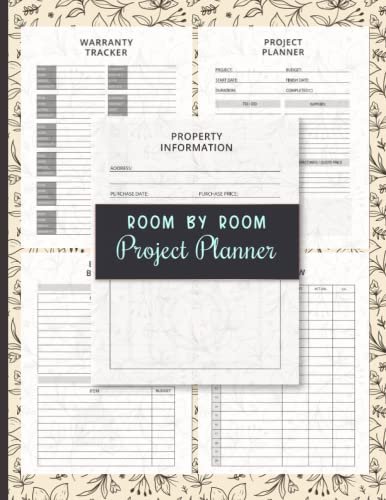Home improvement projects can be exciting but managing costs is crucial. A well-planned budget ensures you don’t overspend.
Also Read
Home improvement budgeting helps you control expenses and allocate funds wisely. Start by listing all potential costs, including materials, labor, and permits. Prioritize essential upgrades and consider diy options to save money. Research average costs for similar projects in your area.
Obtain multiple quotes from contractors to get the best deal. Set aside a contingency fund for unexpected expenses. Track your spending throughout the project to stay within your budget. Remember, a detailed plan and careful monitoring will help you complete your home improvement project without financial stress. A well-executed budget leads to a successful and satisfying home renovation experience.
Buying Guide On Home Improvement Budgeting
home improvement budgeting guide
1. Set clear goals
decide what you want to achieve. New kitchen or bathroom? clear goals help.
2. Determine your budget
know how much you can spend. Assess your financial situation first.
3. Research costs
find out the costs of materials and labor. Ask around and compare prices.
4. Prioritize projects
list tasks by importance. Start with the most urgent improvements.
5. Get multiple quotes
contact different contractors. Compare their estimates to find the best deal.
6. Plan for unexpected expenses
set aside extra money. Unforeseen issues can arise during renovations.
7. Diy where possible
consider doing simple tasks yourself. Save money on easy projects.
8. Use quality materials
choose durable materials. Quality ensures long-lasting improvements.
9. Track your spending
keep a detailed record of expenses. Stay within your budget limits.
10. Review and adjust
regularly check your progress. Adjust your plan if needed.
11. Seek professional advice
consult experts for major projects. Professional advice can prevent costly mistakes.
Conclusion
Creating a home improvement budget can be a manageable task. Start with a clear plan and realistic goals. Prioritize projects based on necessity and cost. Research and compare prices for materials and labor. This can save you money in the long run.
Always set aside a contingency fund for unexpected expenses. This ensures your project stays on track. Remember to track your spending carefully. It helps avoid going over budget. Effective budgeting keeps your finances healthy and your home projects achievable. With these tips, you can confidently tackle home improvements without financial stress.
Your dream home is within reach. Just plan wisely and stay committed to your budget. Enjoy the process and the results will be rewarding. Happy home improving!
























